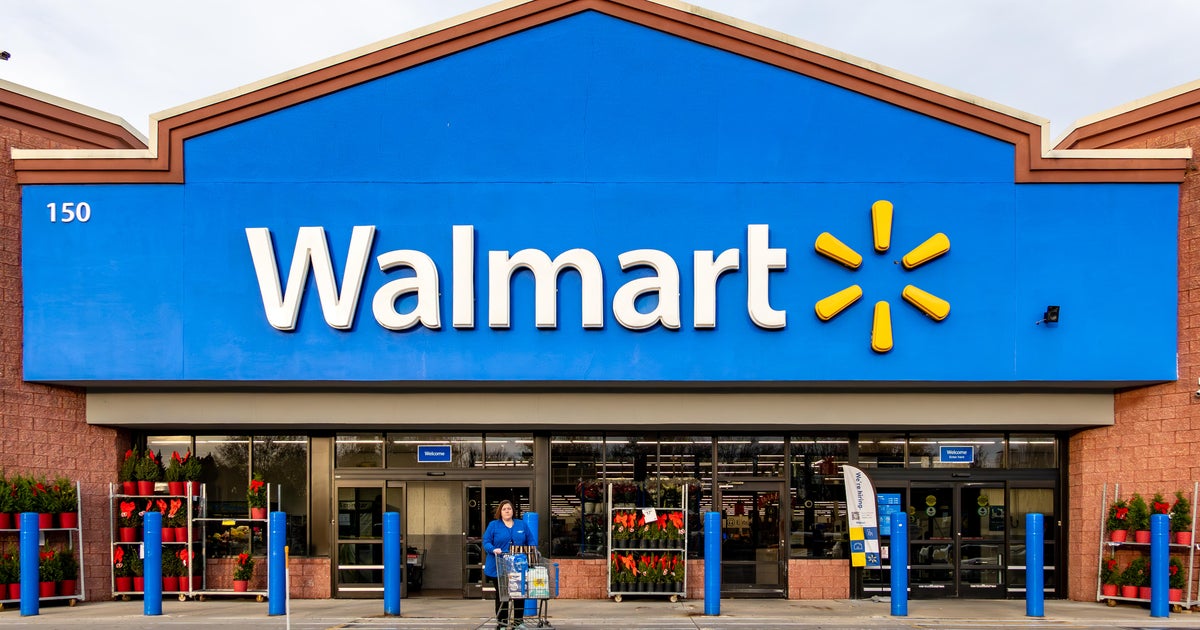Walmart on Thursday warned that even softer tariffs on China could soon force the company to raise prices on certain items.
The world’s largest retailer said President Trump’s wide-ranging levies on U.S. trade partners are impeding its ability to keep prices low for its customers.
“We can control what we can control,” Walmart CEO Doug McMillon said on the company’s first quarter earnings call Thursday. “Even at the reduced levels, the higher tariffs will result in higher prices,” he added.
The price hikes will go into effect later this month. Walmart, a bellwether for consumer spending, joins other larger retailers in warning that they are likely to raise prices as tariffs drive up their costs.
Rising cost pressures for retailers
The Trump administration on Monday said that, starting May 14, it is lowering the tariff rate on Chinese imports from 145% to 30% for 90 days. As part of that agreement, China will reduce its 125% tariff on American goods to 10%. The sides are expected to continue negotiations, although ongoing uncertainty over trade policy is weighing on companies.
“The merchandise that we import comes from all over the world from dozens of countries,” McMillon said. “Other than the U.S., the other large markets are China, Mexico, Vietnam, India and Canada. China, in particular, represents a lot of volume in certain categories like electronics and toys. All of the tariffs create cost pressure for us, but the larger tariffs on China have the biggest impact. The cost pressure from all the tariff impacted markets started in late April, and it accelerated in May.”
Still, the Walmart executive emphasized that the retailer will do what it can to avoid passing the import taxes onto customers.
“We’ll do our best on what we can control in order to keep food prices as low as possible,” McMillon said. “In some cases we are holding retail prices where they are despite the tariffs cost pressures.”
Grocery prices dropped slightly last month, declining 0.1% from March, according to government data. However, many household costs remain elevated, the CBS News price tracker shows.
Walmart also pulled its quarterly profit outlook amid global economic uncertainty, as Mr. Trump vows to strike favorable trade deals with countries that are subject to steep levies on imports.
Walmart earned $4.4 billion in the quarter ended April 30, down from $5.1 billion in the year-ago period. Revenue rose 2.5% to $165.6 billion, just short of analyst estimates.
Tariff hit on consumer spending
Walmart Chief Financial Officer John David Rainey said in the earnings call that the company expects the U.S. to strike more agreements with its trade partners, and that tariff rates could drop.
“However, if we see a restoration of dramatically higher tariff levels, the impact on our financials could be significant and even jeopardize our ability to grow earnings year-over-year,” he added.
Tuan Nguyen, U.S. economist at consulting firm RSM US, said the latest retail data shows consumers are reducing their spending at stores and restaurants.
“We are now witnessing the first-order effects of tariffs on the economy — through reduced spending. The second-order impact — on prices — will likely emerge in the coming months, putting additional pressure on demand,” he said in an email.
contributed to this report.

